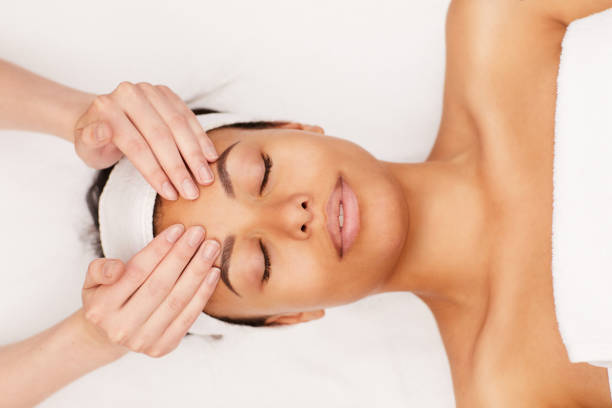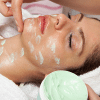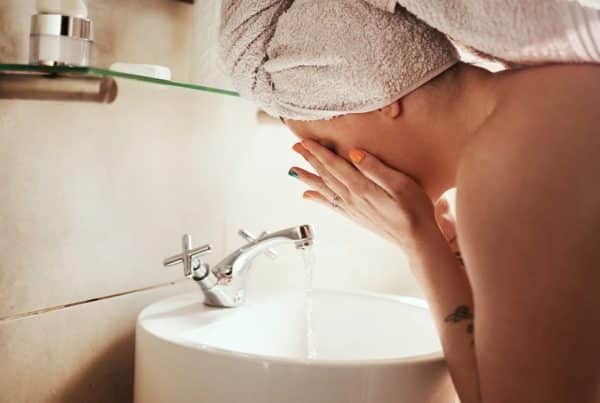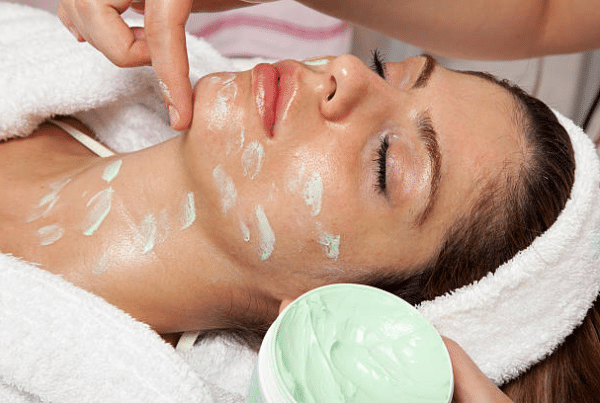Understanding Facial Treatments
Facials are customized skincare treatments tailored to address specific skin concerns, such as acne, aging, or dryness. These treatments typically involve cleansing, exfoliating, extracting, massaging, and applying various skincare products. The frequency of facials depends on individual skin types, concerns, and the specific type of facial being performed.
Factors Influencing Facial Frequency
Skin Type
Different skin types react uniquely to facial treatments. Oily skin may benefit from more frequent facials to control excess oil, while sensitive skin might require gentler, less frequent sessions to avoid irritation.
Skin Concerns
Specific skin concerns like acne, fine lines, or pigmentation require targeted treatments. Intensive facial treatments might be initially scheduled closer together to address these concerns effectively.
Budget and Time
Consider your budget and schedule when planning facials. While some individuals can afford regular professional facials, others might opt for less frequent visits and focus on home skincare routines.
How Often Can Facials Be Done?
Basic Cleansing Facial
This fundamental facial, focusing on cleansing and hydration, can be done every 4 to 6 weeks for maintaining general skin health.
Acne-Prone Skin Treatment
Facials targeting acne-prone skin might be done bi-weekly initially for intensive treatment and then scaled back to once a month for maintenance.
Anti-Aging Facial
Anti-aging facials, incorporating serums and treatments to reduce wrinkles, can be done once a month to promote collagen production and maintain youthful skin.
Sensitive Skin Soothing Facial
For sensitive skin, opt for calming facials every 6 to 8 weeks, ensuring the skin isn’t overly stimulated.
DIY Facials at Home
In addition to professional treatments, it’s possible to maintain healthy skin through regular DIY facials at home. These cost-effective treatments can be done weekly and involve cleansing, gentle exfoliation, masks, and moisturizing.
Is It Possible To Overdo Facials?
Yes, excessive facials, especially aggressive ones, can irritate the skin, leading to redness and inflammation.
Can Facials Completely Eliminate Acne?
While facials can significantly improve acne, they might not completely eliminate it. Consistent skincare and professional advice are crucial.
Are There Specific Facials For Dark Spots and Pigmentation?
Yes, facials targeting dark spots often include ingredients like vitamin C, which can lighten pigmentation over time.
Can I Wear Makeup Immediately After a Facial?
It’s advisable to avoid makeup for at least a few hours after a facial to let your skin breathe and absorb the benefits of the treatment.
Are DIY Facials as Effective as Professional ones?
DIY facials can be effective for basic maintenance but might not provide the same level of deep cleansing and specialized treatments as professional facials.
Conclusion
The frequency of facials varies based on individual needs, skin types, and concerns. Regular communication with a skincare professional is essential to determine the most suitable frequency and type of facial for your skin. Whether opting for professional treatments or indulging in DIY facials at home, consistency and attention to your skin’s needs are key.
 5 6 1 . 8 1 0 . 0 5 5 5
5 6 1 . 8 1 0 . 0 5 5 5 








